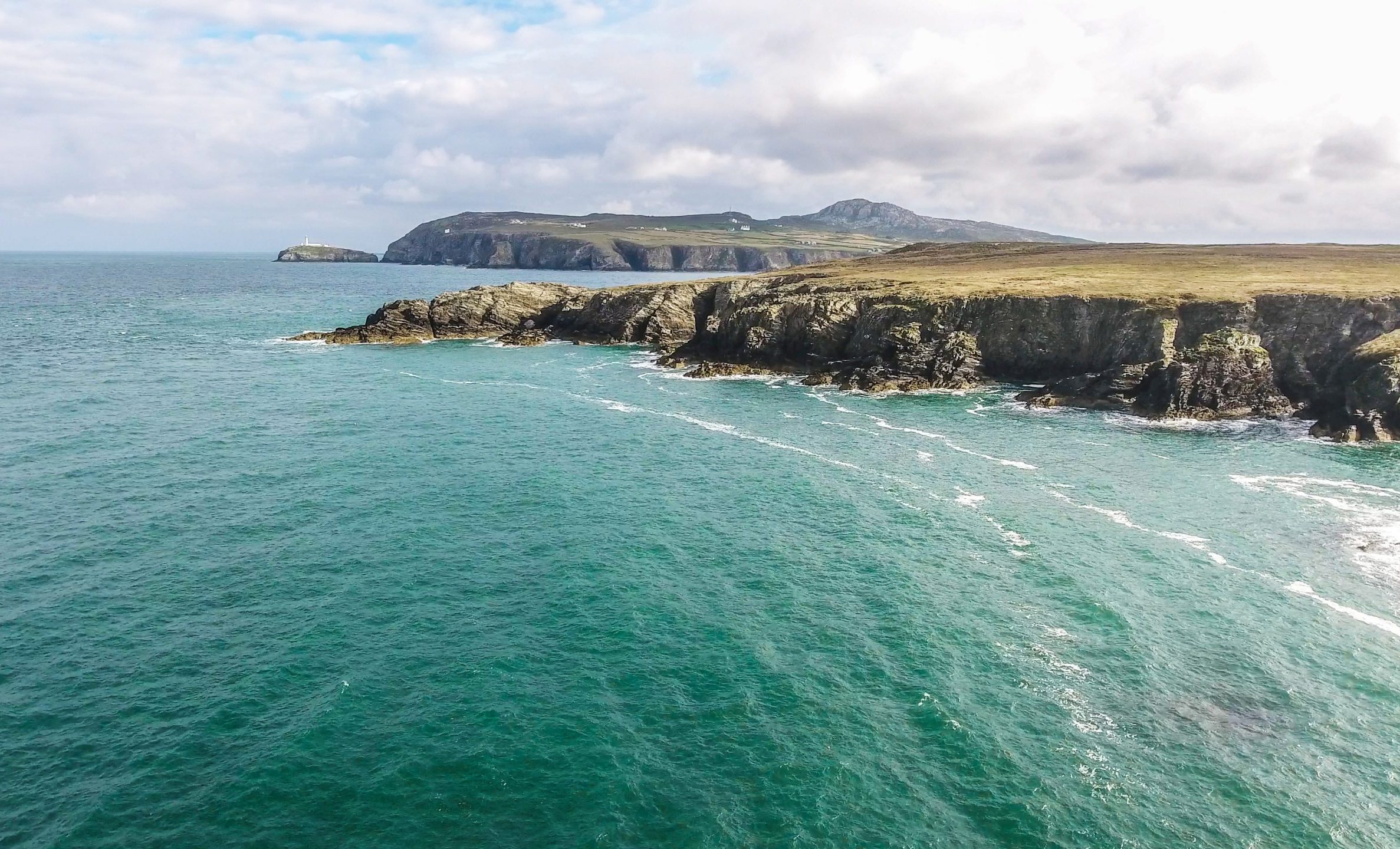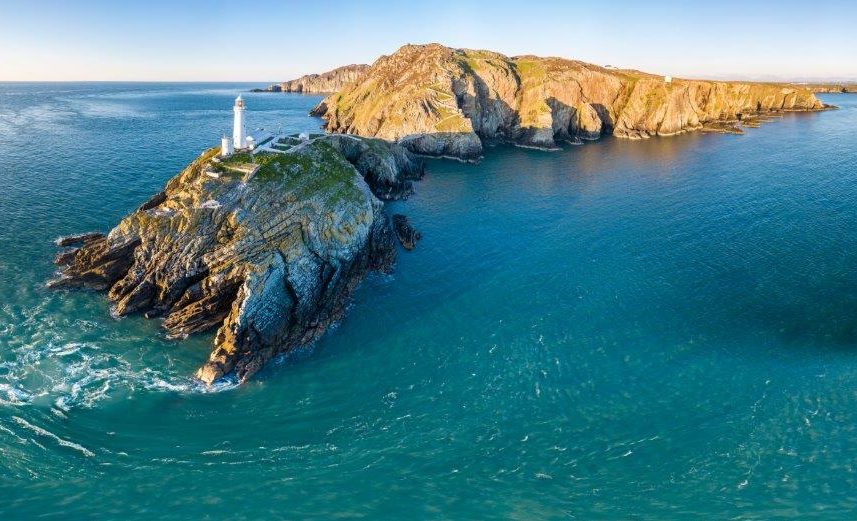€37m to turn the tide towards renewable energy

23.03.2022
Climate Change Minister Julie James confirmed the funding would be given to Menter Môn for the Morlais infrastructure project.
The Morlais Infrastructure development aims to further the development of tidal power generation technologies by providing grid connectivity.
Climate Change Minister Julie James said: ‘We want to establish Wales as the location of choice for tidal stream developers and the supply chain.
The Welsh Government’s recent Deep Dive highlighted the need to take into account our energy needs and the needs of our ecosystems, the environment and needs of other sea users.
We are looking to find a pathway for marine renewable developments, seeking win-win outcomes and supporting projects to contribute towards positive outcomes for marine biodiversity.
We look to the industry to use this opportunity and work together to demonstrate the cost reductions and private investment that will help establish this clean, resilient and ethical power as a significant part of the global energy system.’

Minister for North Wales Lesley Griffiths added: ‘This is excellent news, last year I visited Anglesey to hear more about the exciting plans for Morlais.
Anglesey and North Wales as a whole are very well placed to play a key role in innovative low carbon energy generation which benefits local communities.
The news today is further evidence of that. Not only will the project be a boost to future low carbon energy production but will also generate jobs and skills in the area.’
Minister for Economy, Vaughan Gething said: ‘There have been considerable opportunities for the marine energy sector through European Structural fund programmes. There is no doubt EU funds have been essential in supporting businesses to exploit the great potential of Wales’ wave and tidal resources, with a significant investment of €126m in Marine Energy projects in Wales.
The Morlais Infrastructure project is key to unlocking the development of the tidal stream sector in north Wales, bringing a number of economic benefits to the region. With the construction and testing of devices and preparation of infrastructure, the project will attract further sector investment enabling the supply chain to grow and with it create higher-skilled jobs.’
The Crown Estate will invest a further €1.4million in the Morlais project, to support the delivery of its environmental monitoring and mitigation package – an essential step in safeguarding the marine environment and enabling the project to progress. The work will monitor for interactions with sensitive species, as well as testing ongoing monitoring technologies. It will be applicable to any tidal stream device deployed at the site and represents an important step in addressing significant evidence gaps and consenting challenges faced by the currently data poor tidal sector.
An Advisory Group is being established to oversee the development and delivery of the work, with a membership that includes representatives from the Natural Resources Wales, Welsh Government, JNCC, environmental NGOs, the Isle of Anglesey County Council, and tidal stream developers. Anticipated EMMP delivery partners include Bangor University, Swansea University and SMRU Consulting, strengthening links between the research, energy and innovation sectors.
Nicola Clay, Head of New Ventures in The Crown Estate’s Marine team, commented: ‘We welcome this latest investment in this important project, which has huge potential to help unlock new forms of clean power for Wales, paving the way for innovative energy technologies, greater resilience of supply, and new jobs, skills and inward investment.
Our own funding commitment at Morlais is one example of how we’re working in partnership with the UK and Welsh governments to support their commitment to renewable energy growth and the transition to next zero.
Through this latest investment, we will help provide a comprehensive package of essential data to support the development of this important project, safeguard marine biodiversity and make valuable insights available to benefit many other marine industries.’
